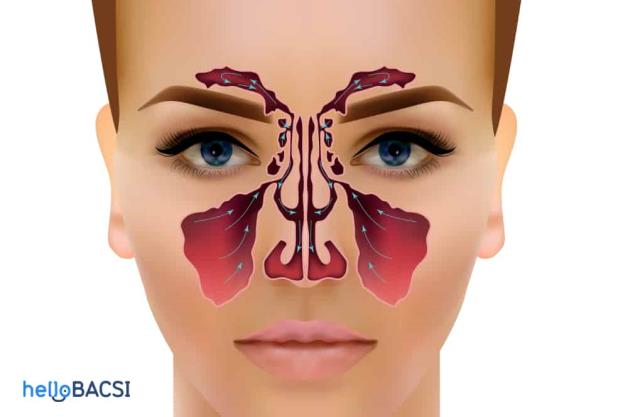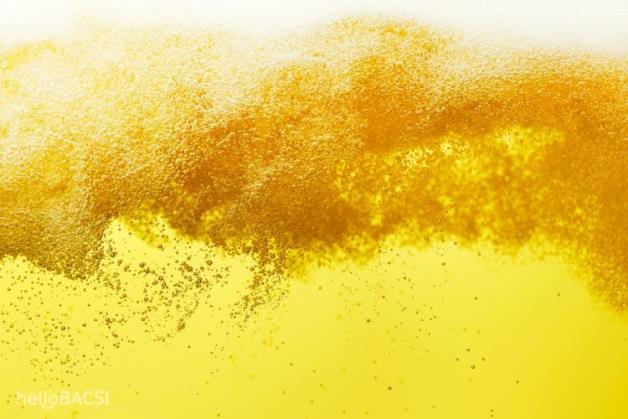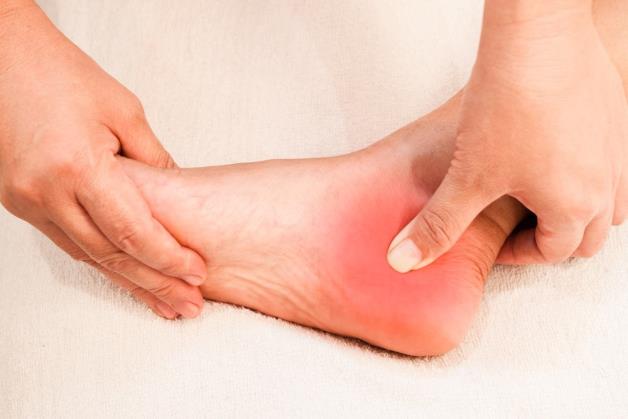Foamy urine in some cases can be a warning sign that you are having serious health problems.
Let's find out what is foamy urine, how to diagnose and treat this condition!
What is foamy urine?
Foamy urine can be associated with many different causes, sometimes even a sign of a number of medical conditions.
1. Toilet cleaning products
Some cleaning products used in toilets can react with urine and produce foam. This is normal and does not indicate any health signs.
For peace of mind, you should stop using the product to check. If you don't pee after that, that foam could be caused by the cleaning product. But if foam forms, you need to see a doctor to evaluate the cause of foamy urine.
2. Urinate with force
When the bladder is too full and you don't go to the toilet immediately, it puts pressure on the bladder, urine when released under strong pressure can form foam. However, this type of foam usually goes away within minutes and is not a sign of a serious medical problem.
You should not hold your urine, but go to the bathroom whenever you feel sick. The habit of holding in urine can cause urine to accumulate, increasing the chances of urinary tract infections, kidney stones, and urinary incontinence.
3. Dehydrated body

Foamy urine can happen when you drink too little water or exercise too much, you can become dehydrated, your urine will become more concentrated and foamy. In addition, urine is even darker in color and has a stronger odor.
If you suspect that foamy urine is caused by dehydration, you should drink about 1.5 to 2 liters of water per day and drink more when exercising.
4. Protein in urine
One of the main causes of foamy urine is the presence of protein in the urine (proteinuria can occur if you take too much protein after intense exercise, or can It is a sign of kidney diseases (nephrotic syndrome, acute glomerulonephritis, etc.), high blood pressure and untreated diabetes.
5. Urinary tract infections
Urinary tract infections can cause foam in the urine due to bacteria entering the bladder. In addition to foamy urine, other symptoms of urinary tract infection include symptoms of urinary disorders such as painful urination, frequent urination, cloudy urine, and hematuria.
To diagnose whether you have a urinary tract infection or not, you should see your doctor to perform a urinalysis and urinary system, which is a test to determine the presence of white blood cells in the urine (as evidence of a urinary tract infection). of urinary tract infections) and the type of bacteria causing the infection, so that the doctor can prescribe the right antibiotic.
6. Kidney problems
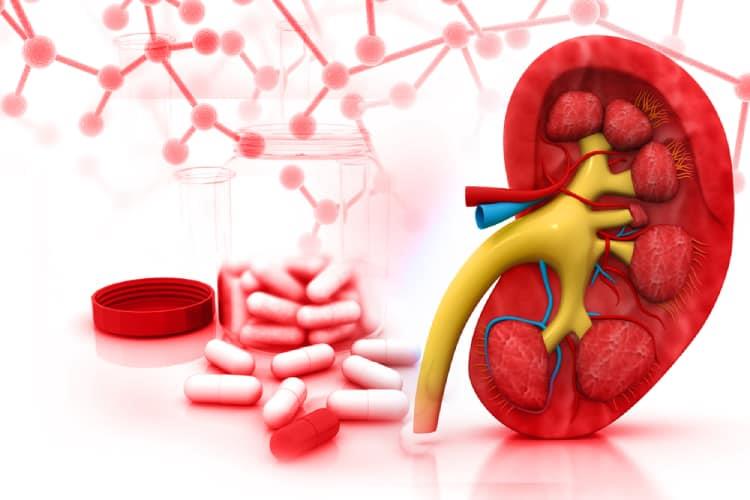
The kidneys filter the blood to produce urine, which is then eliminated from the body. Any disease or problem that affects the kidneys such as a kidney infection, kidney failure, high blood pressure, or kidney stones can also cause foam in the urine.
If you experience foamy urine that indicates a kidney problem, you should see a nephrologist for testing, determining the cause, and starting the most appropriate treatment.
In addition to the above causes, foamy urine in men can also be due to the presence of semen in the urine. Small amounts of semen can sometimes stay in the urethra and travel to the bladder causing foamy urine. You should see a urologist for proper evaluation and treatment of the condition.
7. Diabetes
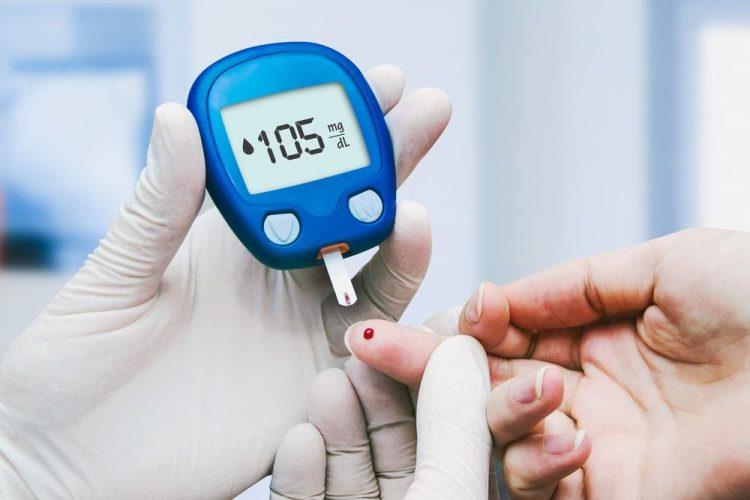
Diabetes and other causes of high blood sugar can also lead to foamy urine. A person with uncontrolled diabetes will have many blood sugar molecules in their body.
Glucose is a large, protein-like molecule. If blood glucose levels are too high, the kidneys may have trouble filtering these molecules correctly. As a result, the kidneys are able to allow excess glucose and protein to pass out in the urine.
In addition to foamy urine, people with uncontrolled diabetes may experience symptoms such as:
- Blurred eyes
- Itchy skin
- Dry mouth
- Fatigue, unusual hunger
- Constant feeling of thirst
- Frequent urination
8. Hypertension

Heart diseases, especially high blood pressure, can damage the kidneys and cause microalbuminuria, which in turn can cause foamy urination. It is important that you check your heart health and overall health periodically, and use the medication as prescribed by your doctor.
9. Preeclampsia
Foamy urine is not a sign of pregnancy. In the case of pregnant women, foamy urine can be due to the presence of protein in the urine, which can be a warning sign of preeclampsia.
Preeclampsia is a pregnancy complication characterized by high blood pressure, the presence of protein in the urine, and body swelling. If left untreated, this condition can cause seizures and endanger the fetus.
Diagnosis of diseases related to foamy urine
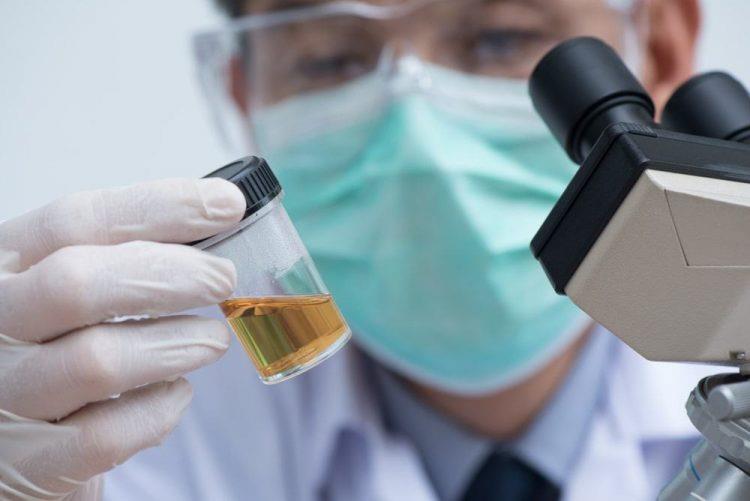
When you notice foamy urine, you need to see a doctor for a diagnosis if it is accompanied by the following symptoms:
- Tired
- Anorexia
- Difficulty sleeping
- Nausea, vomiting
- Dark, cloudy urine
- Change in urine output
- Swollen hands, feet, face and abdomen
- Men can have dry orgasms, only ejaculating little or no ejaculation at orgasm
Your doctor can diagnose the cause of this condition by testing a urine sample to determine if protein levels are high. If your urine is high in protein, your doctor will likely recommend a 24-hour urine test. This test requires the collection of all urine produced during the day.
A urine collection sample is then sent to a lab to compare the amount of albumin (a major protein in the blood) with the amount of creatinine (the only waste product eliminated by the kidneys). If a person's albumin-to-creatinine ratio is higher than average, they may have kidney disease or kidney injury that is affecting dialysis.
Your doctor may recommend other tests to evaluate your blood glucose levels or other indications of kidney function. An imaging test, such as an MRI scan, may also be ordered to make sure you don't have a problem with the structure of your kidneys.
Treatment of foamy urine

The treatment for foamy urine depends on the cause. The following are treatment suggestions that you can apply depending on your condition and in combination with your doctor's prescription.
1. Build a healthy lifestyle
You should follow a healthy lifestyle to limit your risk of disease:
- No smoking
- Exercise regularly at least 5 times/week
- Periodic follow-up if chronic disease
- Add enough water about 1.5 - 2 liters depending on your condition
- Diet high in vegetables, low in sugar, salt, fat
2. Blood sugar control
Usually, diabetes and high blood pressure are likely to cause kidney disease that causes foam in the urine. You can slow the progression of kidney damage by keeping your blood sugar under good control.
You should build a balanced diet and exercise regularly to help treat diabetes. You should check your blood sugar regularly to make sure your blood sugar is within a safe range.
3. Stabilize blood pressure
4. Treatment of retrograde ejaculation
- Ephedrine
- Imipramine
- Phenylephrine
- Pseudoephedrine
- Chlorpheniramine
- Brompheniramine
